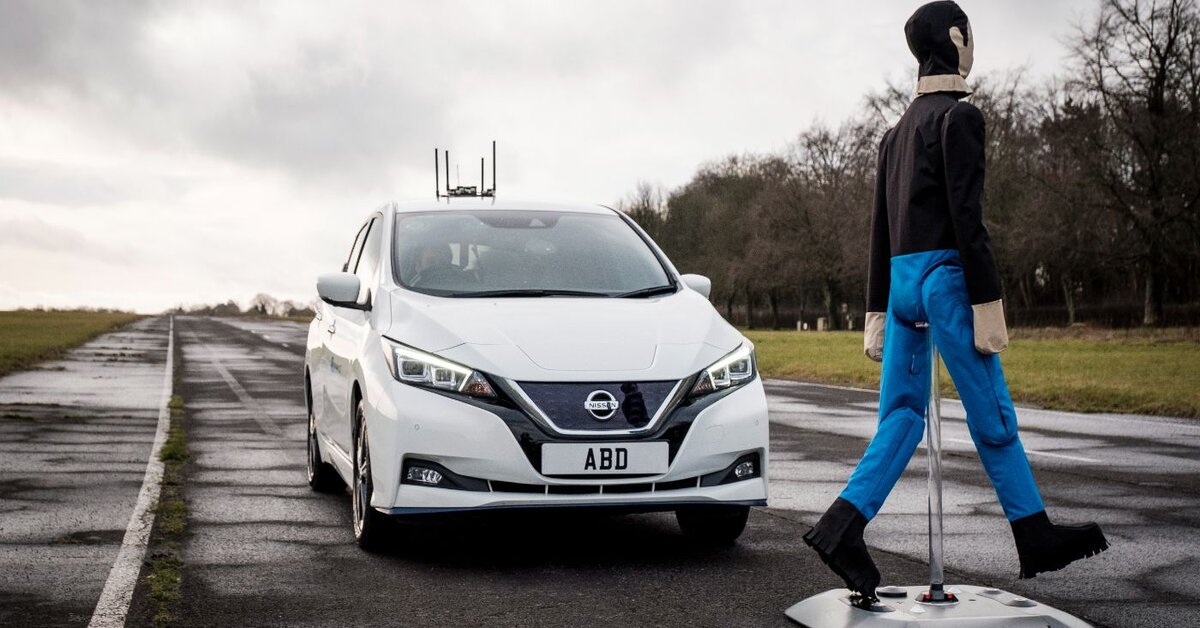In a groundbreaking collaboration, the German automotive industry, in partnership with 21 key stakeholders, embarked on a visionary project four years ago. This initiative aimed to pioneer the development of the world’s inaugural structures dedicated to verifying safety standards for autonomous vehicles navigating urban environments. The project, known as Verification and Validation Methods (VVM), funded by the German Federal Ministry for Economic Affairs and Climate Action, recently unveiled its highly anticipated findings at the Carl Benz Arena in Stuttgart on November 21, 2023.
The complexity of autonomous systems escalates with the level of automation and the intricacy of the operational environment. While SAE Level 3 systems for freeway driving and Level 4 systems for driverless parking have received approval, expanding these capabilities to urban settings imposes more stringent requirements due to increased complexity. The collaborative effort of the 21 project partners has resulted in a comprehensive model, encompassing a suite of procedures, methods, and tools crucial for safety verification in urban autonomous driving.
Dr. Helmut Schittenhelm, the project coordinator at Mercedes-Benz, emphasized, “The models developed here make it possible for the first time to provide all automakers with the same structures for the verification and validation of automated driving systems in urban areas.” This standardized approach is a pivotal achievement that promises uniformity and coherence in the verification process across the automotive industry.
Roland Galbas from Bosch, the coordinator of the VVM consortium project, highlighted the challenges posed by urban environments, including pedestrians, cyclists, motorized two-wheelers, and intersections with limited visibility. The VVM project addresses these challenges by focusing on ensuring that automated driving functions react safely and reliably, providing customers with precision and quality in urban traffic scenarios.
Dr. Mark Schiementz from BMW, the co-coordinator of the project, emphasized, “The essence of the VVM research project is to verify that automated driving functions react safely and reliably and that they also benefit customers in terms of precision and quality.” This customer-centric approach underscores the commitment to delivering not just safe but also high-quality autonomous driving experiences.
What sets the VVM project apart is its methodological approach, which establishes a global standard that incorporates industrial processes. This reinforces Germany’s pioneering role in automated driving, echoing the nation’s enactment of the world’s first regulation for fully automated driving (SAE Level 4) in 2021. Subsequently, in 2022, a corresponding regulation outlining technical details was passed, allowing the registration and operation of such vehicles on German roads.
Building on the success of its predecessor projects, Pegasus and SetLevel, the VVM project has achieved a historic milestone by delivering the world’s first consistent methodical approach to safety for automated driving in urban environments. This achievement not only propels the German automotive industry to the forefront of innovation but also establishes a foundation for industry-wide collaboration and value creation in the rapidly evolving landscape of autonomous driving.







